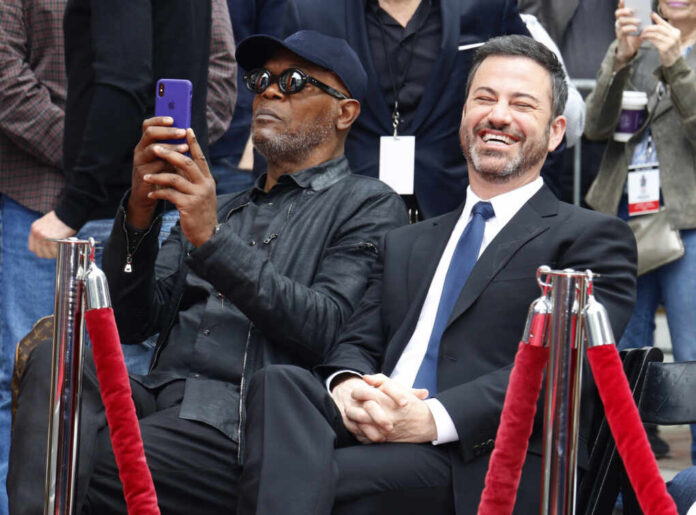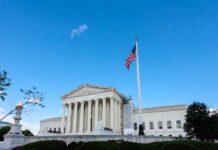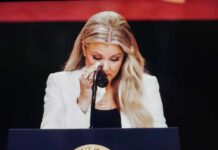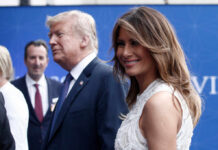
President Trump’s intervention in media affairs sparks a contentious debate over free speech as Jimmy Kimmel faces suspension from ABC.
Story Highlights
- Jimmy Kimmel was suspended from ABC after controversial comments and pressure from the Trump administration.
- FCC Chairman Brendan Carr threatens ABC’s broadcast license, reflecting political leverage.
- Trump celebrates suspension, calls for further actions against critical media.
- The incident raises concerns about government overreach and media independence.
Trump’s Direct Involvement in Media Suspension
Jimmy Kimmel, host of ABC’s late-night show, was suspended indefinitely following controversial on-air comments. The suspension was reportedly influenced by direct pressure from President Trump and FCC Chairman Brendan Carr, who threatened the revocation of ABC’s broadcast license if no action was taken. This incident highlights the Trump administration’s readiness to utilize regulatory agencies to target media adversaries.
President Trump’s involvement in Kimmel’s suspension has drawn significant attention, sparking debates about the boundaries of executive power and its impact on free speech. The administration’s actions have been perceived by many as an attempt to silence critical voices in the media. Critics argue that this sets a dangerous precedent for government censorship and undermines the independence of broadcast journalism.
Watch: Jimmy Kimmel Postpones Talk Show Over Personal Matter | E! News
FCC’s Role and Regulatory Threats
The Federal Communications Commission, led by Chairman Brendan Carr, played a crucial role in pressuring ABC to suspend Kimmel. Carr’s threat to revoke the network’s broadcast license if Kimmel was not disciplined underscores the FCC’s influence under the Trump administration. This move has raised alarms among free speech advocates who see it as a misuse of regulatory power to stifle dissenting media voices.
In response to these developments, congressional Democrats have proposed the “No Political Enemies Act,” aiming to bolster free speech protections for media companies. This legislative effort reflects growing concerns about the erosion of First Amendment rights and the increasing politicization of media regulation.
Jimmy Kimmel reveals he told his son Trump got him suspended from show.
https://t.co/TsQlshcErl— Doug Bell (@therealdougbell) November 7, 2025
Future Implications for Media and Free Speech
The suspension of Jimmy Kimmel has significant implications for the future of media freedom in the United States. Short-term effects include a chilling impact on media criticism of the government and heightened polarization over free speech issues. In the long term, there is potential for increased government control over broadcast content, posing a threat to the diversity of viewpoints and the independence of media outlets.
The broader industry may also face accelerated media consolidation, reducing the diversity of available content. As the situation develops, it serves as a critical case study in the balancing act between government regulation and media freedom, with far-reaching consequences for democratic norms.
Sources:
Beyond Kimmel: The FCC controversy exposes a larger struggle over free speech

























